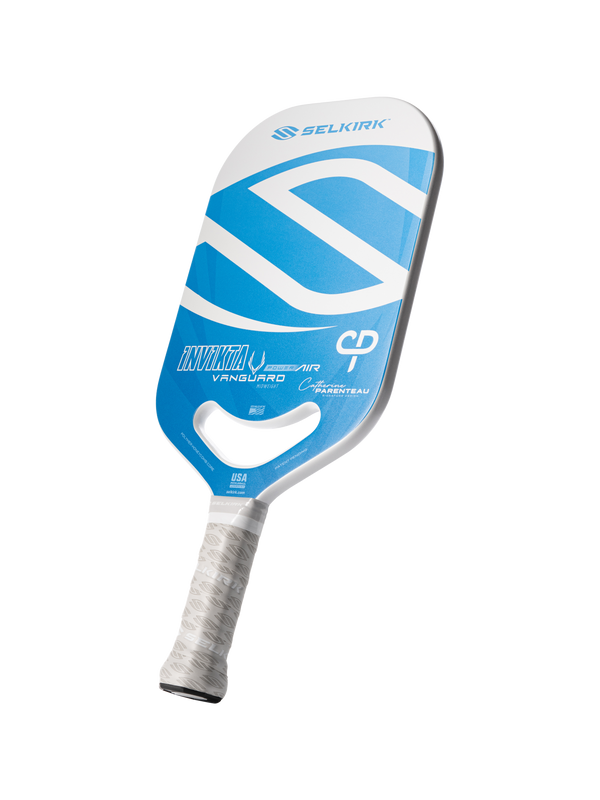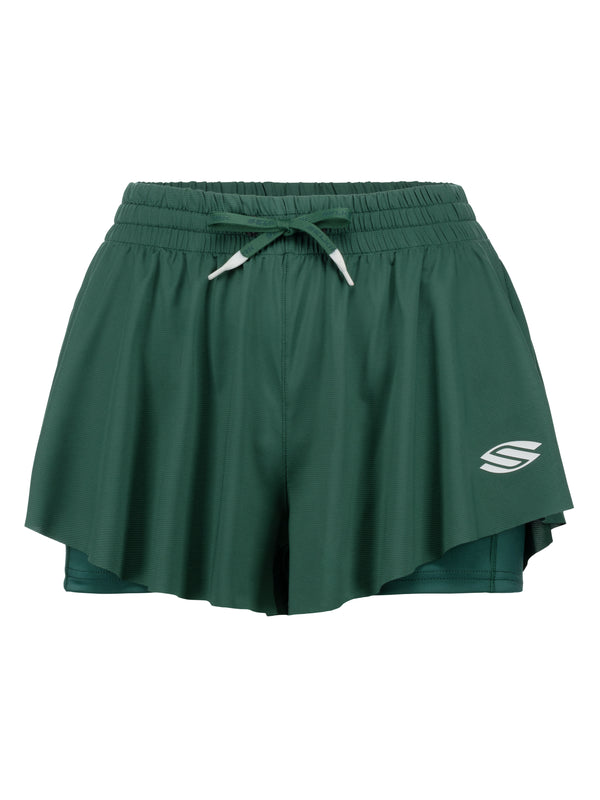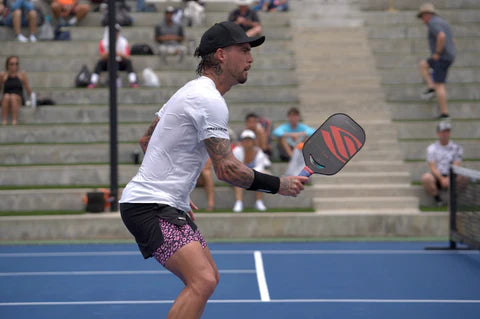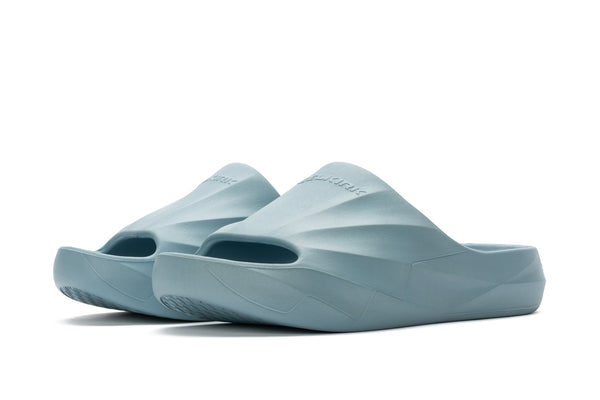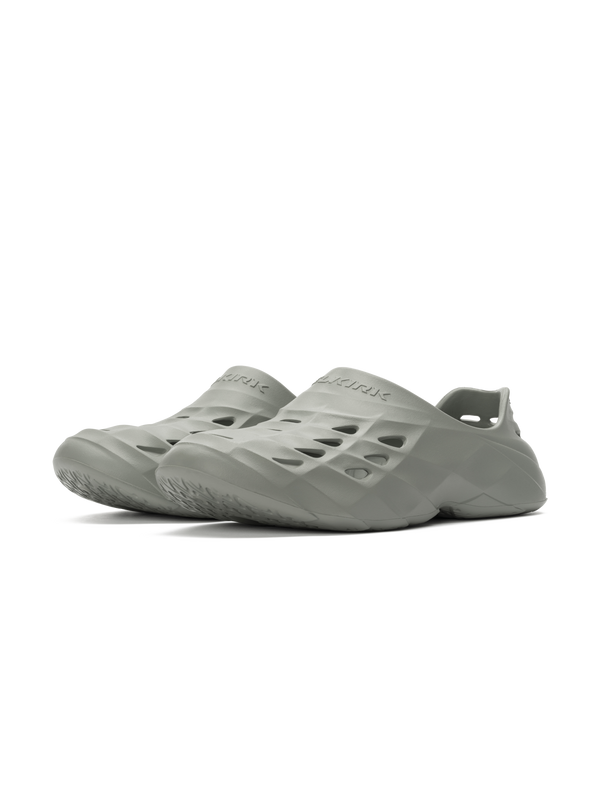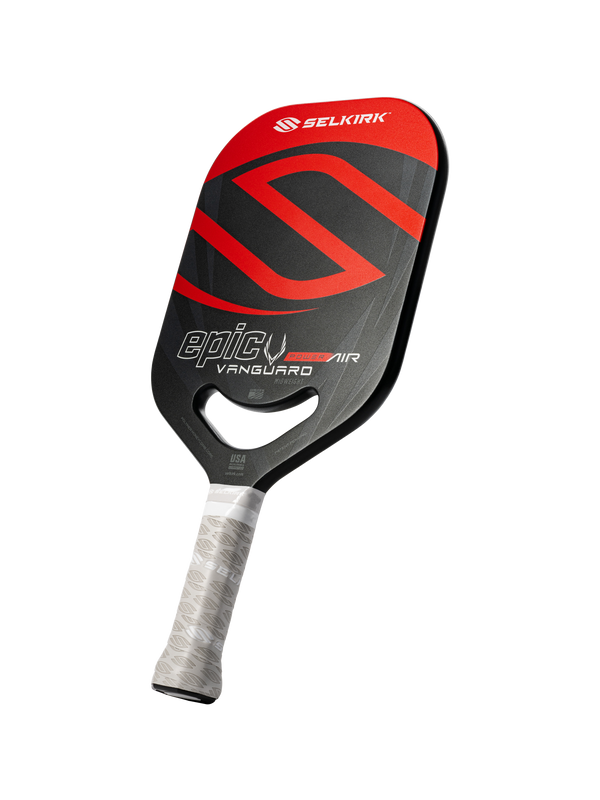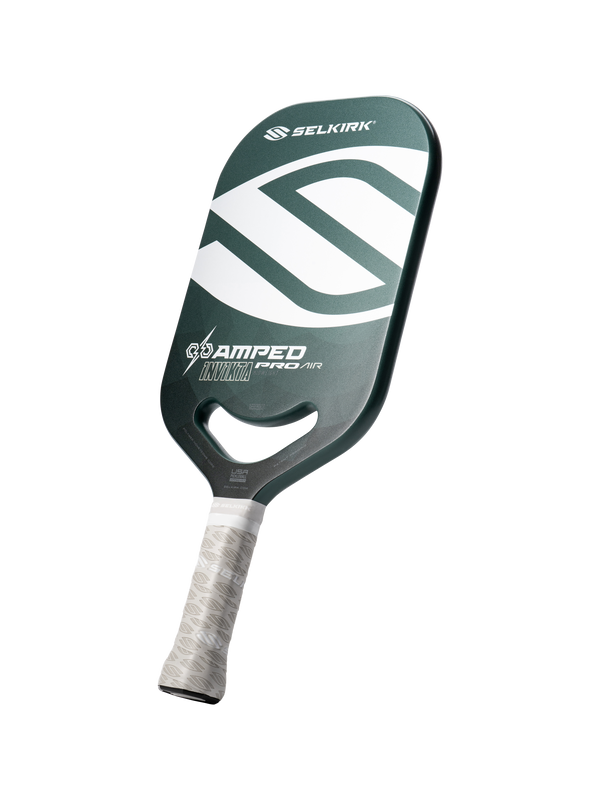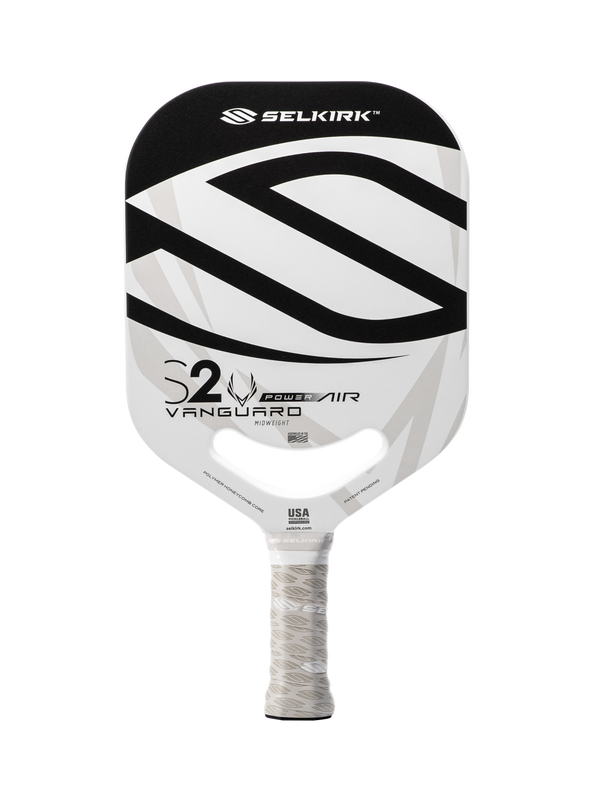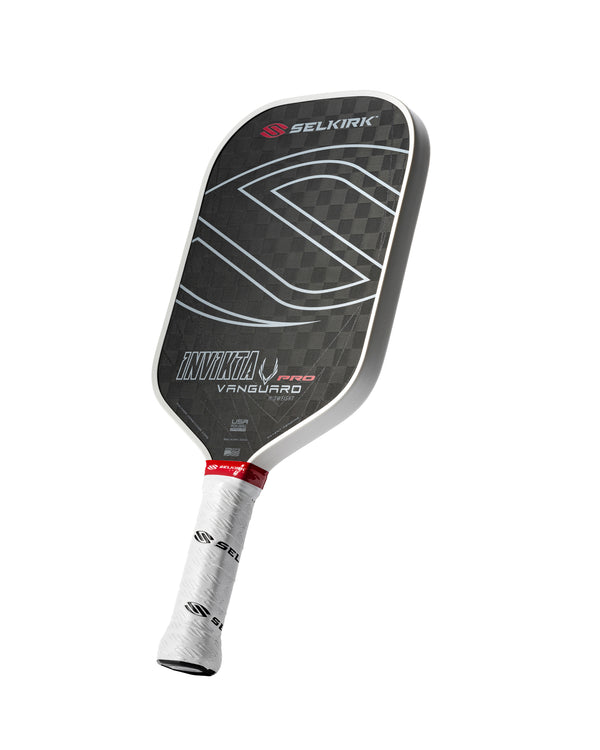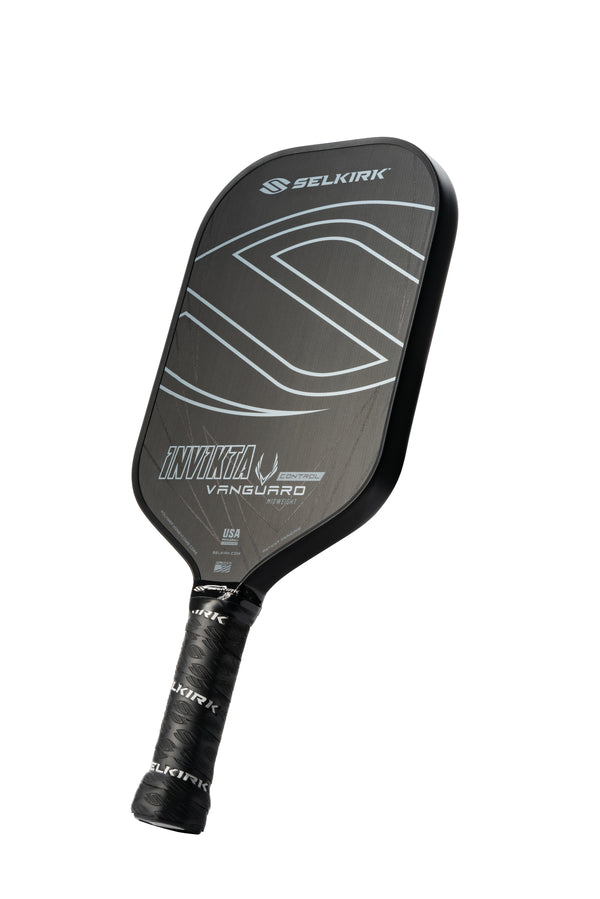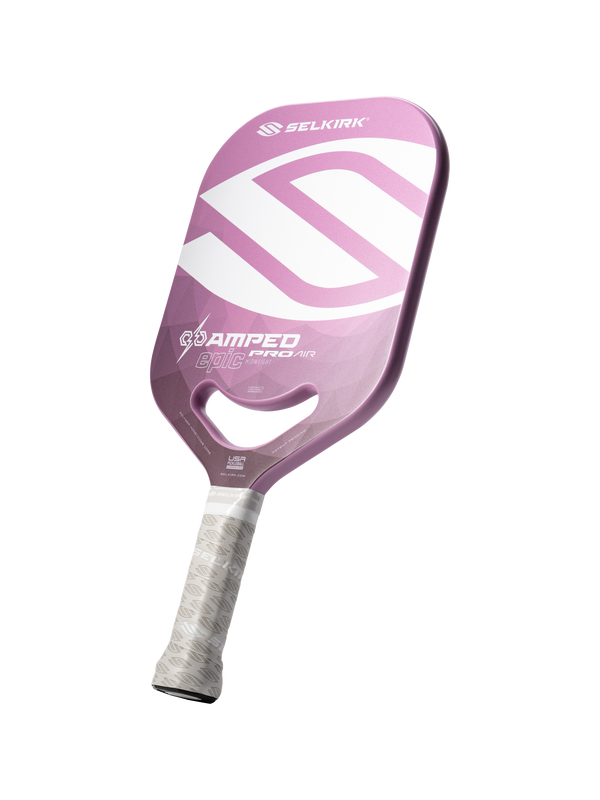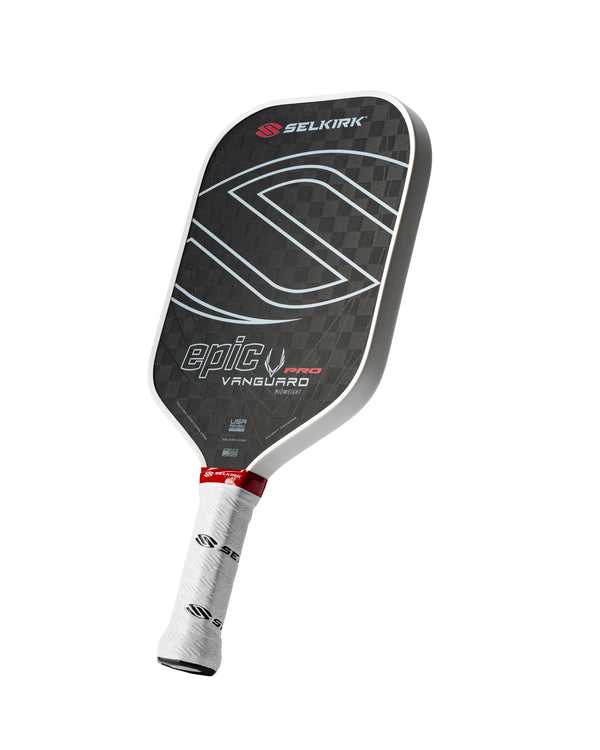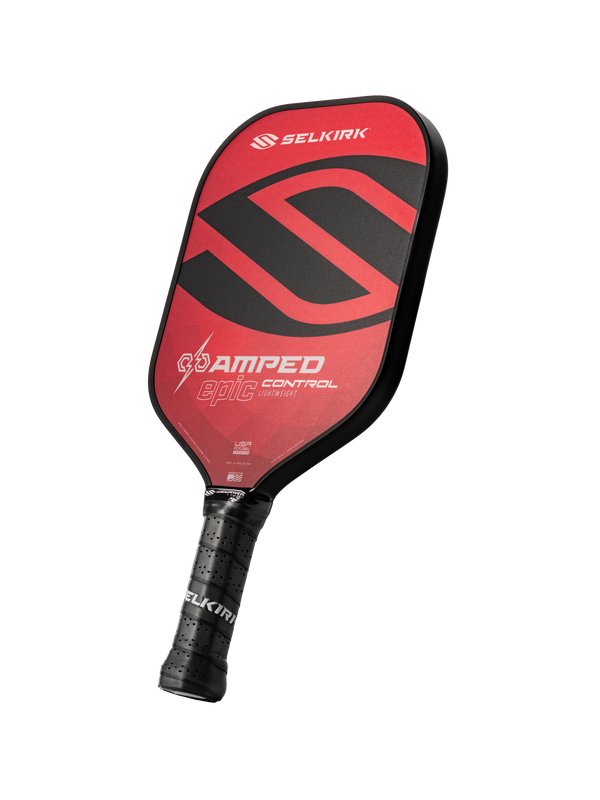Professional Pickleball – Lessons for Amateurs
By: Christopher Amidzich

Does anyone else find themselves watching videos of professional players and their seemingly superhuman volleys, or is that just me? Based on the fresh new videos that appear each day, I am guessing I’m not alone. It is fun to watch what the pros can do and it always leaves me wondering when I’ll have a volley like that and what I could learn from them. I don’t have a desire to become a professional player, but I want to continue to improve my game which changes the lens I view the pros and their matches. In watching pro level matches and speaking with a top ranked pro at a recent clinic, I have zoned in on four professional habits we can all use to mirror the pros and continuously improve our games.
Playing Games vs. Drilling in Pickleball
If you are like most, you love to play games or matches of pickleball. You might play as many as 10 or more games in an individual session. Well, I hate to be the bearer of bad news, but you are not likely to make the desired improvements solely through playing games. During a recent clinic, the head pro admitted for every one hour playing games he spends two hours drilling. For some of you, that probably feels like a punch to the gut. Good news: you don’t need to drill for two hours every time out to the courts to get better. There are simpler ways to make incremental improvements.
My suggestion is when playing games, you get to the court early and practice for 10-15 minutes before playing matches. It helps! Give it a try. Now, if you love games and games only, enjoy. There is nothing wrong with sticking with what you love. Just be realistic about how much you will improve and your overall rating ceiling.
Learning Patience in Pickleball
We’ve all heard the phrase, “patience is a virtue.” No where is that more appropriate than in pickleball. Let’s face it, most of us are not patient. But if you watch the pros, they will dink back and forth all day waiting for their opponent to make the one mistake where the ball is an inch too high, and then and only then, they pounce! Also, the pros often use two to three shots to get their opponent into a certain position to gain an advantage, where amateurs will try to accomplish the same thing in one shot. Learning patience leads to something else to be learned from the pros: Long points are tiring and your body must be able to endure long rallies.
Take Care of Your Body

Pickleball is an obviously physical game. Your body needs to be able to endure long points and matches, as well as handle the twists, sprints, sudden stops, and changes of direction. This requires pros and amateurs alike to make sure their bodies are in the best possible condition to execute the widest array of shots. Playing pickleball alone will not have your body ready. Some level of conditioning is needed to make sure you are in the best playing shape. Like all professional athletes, most pro pickleball players are lifting weights, exercising, and changing their diets to prepare their bodies to meet the demands of the court.
Also, the pros aren’t just walking on the court and immediately starting a game. They are warming up! Everyone should find your own warm up routine to loosen your muscles and prevent injury. It’s all part of making sure you’re ready to go!
Have a Plan
Most of us as we learn the game are simply happy to hit good shots. It feels good, makes us smile, and we are happy to let the point take us along for the ride. Pros have a plan. They think about what they want to do before they do it. All sports use strategy and each pickleball match and opponent requires both. The more you plan and execute a strategy rather than simply hit shots, the better player you will become as you will exploit the weakness of your opponents.
Conclusion
You might look at the lessons in this article and think these observations are not exactly rocket science. And they are not! But as is the case with so many things in life, sometimes you have to take things one simple step at a time.
During the clinic, the pro finished with one spin serve to each attendee. He was even kind enough to tell us which way it was going to bounce. I was so ready to show him and everyone else that I would be the one person that crushed the ball right back at him. Um, yeah, let’s just say that is not how it played itself out in real life. Thankfully, there is no video. But on the way home, I didn’t think about trying to return a crazy spin serve. Rather, I thought about all the simple things I learned that day to help me improve little by little within my own zone, one thing at a time.




